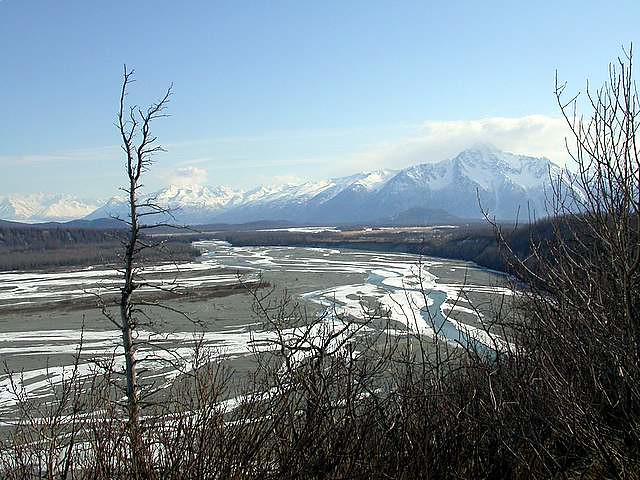![]()
“We think we’ve found a way to help you make your way back to Henkimaa.”
A breeze picked up. She wrapped her cloak closer around her. “What’s Henkimaa?”
She really didn’t know. “You would say, the land of breath, or of wind, or of spirit. It’s where your spirit lives. You’ve become lost from it. We think we’ve found a way for you to make your way back.”
[from the chapter “Meadow” in Mistress of Woodland]
Henkimaa is the internal spiritual world to which Rachel, the protagonist of my novel-in-progress Mistress of Woodland, is attempting to return. (No, that doesn’t really mean that she’s just trying to return to this website.)
The name Henkimaa comes from two Finnish words, henki and maa, both of which are important words with numerous connotations. The most relevant for my purposes:
henki = spirit, breath, wind
maa = land, country, earth
(The curious can find further meanings by looking them up in any good Finnish-English dictionary.)
Henkimaa as a concept for use in MoW came about around February 1999 after I found a reference to a place called “Windland” in a site about Finnish folk beliefs. According to the site, the pioneering mythological researcher Christfrid Ganander (1741-1790), in his Mythologica Fennica, described “a land called Windland, where the name Finland was later derived from” (Internetix/Gustafsson, 1997).
Ganander apparently referred to a people called “winders” (or at least translated that way), rather than to the kind of wind that blows. The Finnish version of the Internex page about him does not use any of the available Finnish words for wind. But to me the place name “Windland” was suggestive.
The connection between wind, breath, and spirit is common in the world’s languages, and it was the discovery of that connection in the Latin word spiritus that led to my exploration of the theme in my poetry. For example, from a poem called “Flute of the Street,” about a Seattle street musician:
… As he fingers the bright metal of the flute
his breath, borrowed from wind, returns to wind, to everyone.
From “Spiritus Mundi” (a Latin name I’d translate as “Breath of the World”):
And with this wind is given breath
to shape utterance in my mouth
So when I read “Windland” on the Internetix page about Ganander, I thought “wind.” And when I looked up the Finnish words for wind — tuuli, ilma, henki — it was henki I chose, due to its meanings related to breath and spirit. I was confirmed in my decision when I learned that henki is the basis of the Finnish word for person, henkilö. As pointed out by Tim Ingold, our word person derives from the Latin per sona, “sounding through”, after the masks worn by Greek and Roman actors, but “the henki, the root of the Finnish concept, is a kind of inner essence or vital force, the breath of life that flies away when you die.”
It is to the seat of that inner essence, Henkimaa, that Rachel seeks to return in Mistress of Woodland. It continues to have resonance for me personally.
References
These were my original sources. The first is unfortunately no longer available on the internet. But the second one is, yeah!
- “C. Ganander – Pioneer of mythological research” (‘C. Ganander – mytologian tutkimuksen uranuurtaja‘) by Philip Gustafsson, from The popular beliefs of the Finns [website], Internetix, 1997.
- “Person, Village and Culture: Notes on the Translation of Three Key Concepts” by Tim Ingold. Eagle Street Newsletter, Finnish Institute in London, June 1998. Compares the English and Finnish words used for these concepts and their differing connotations.

